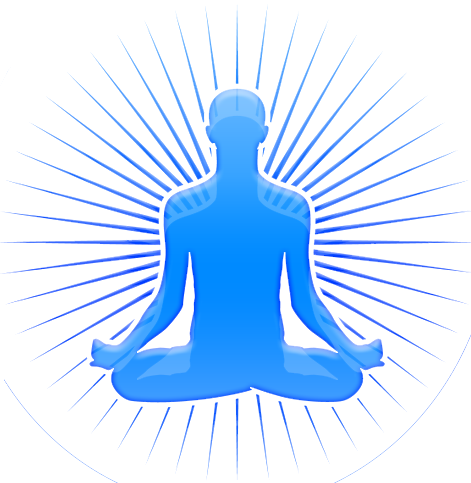What are Sleep Deprivation and Anxiety?
Sleep deprivation is a condition in which a person does not get enough sleep. It can be caused by anything from working late to stress. Sleep deprivation can cause anxiety because it messes with your brain’s natural sleep rhythm. Anxiety is a common symptom of sleep deprivation.
Effects of Sleep Deprivation on the Body?
When people don’t get enough sleep, it has serious consequences for their health. The body cannot function optimally when it is tired. Here are just a few of the effects of sleep deprivation on the body:
A decrease in cognitive function: When you don’t get enough sleep, your brain can start to suffer. This includes problems with memory, attention, and problem-solving skills.
Increased risk for heart disease and stroke: Lack of sleep leads to an increase in blood pressure and heart rate, which can lead to heart disease or stroke.
A decrease in immune system function:
When you’re not getting enough sleep, your immune system can become weakened. This could lead to more infections and even cancer.
Increased risk for obesity and diabetes: When you’re not getting enough sleep, your body’s hormones are thrown out of balance, which can lead to weight gain and type 2 diabetes.
Symptoms of Sleep Deprivation?
Increased risk for obesity and diabetes: When you’re not getting enough sleep, your body’s hormones are thrown out of balance, which can lead to weight gain and type 2 diabetes.
Symptoms of Sleep Deprivation?
Signs and Symptoms of Sleep Deprivation:
• Difficulty falling asleep or staying asleep.
•Feeling exhausted after waking up from a nap or night’s sleep.
•Daytime fatigue that is not relieved by rest.
•Increased anxiety, irritability, and impulsiveness.
• Memory problems and difficulty concentrating.
•Mood swings, including feelings of depression, anxiety, or anger.

